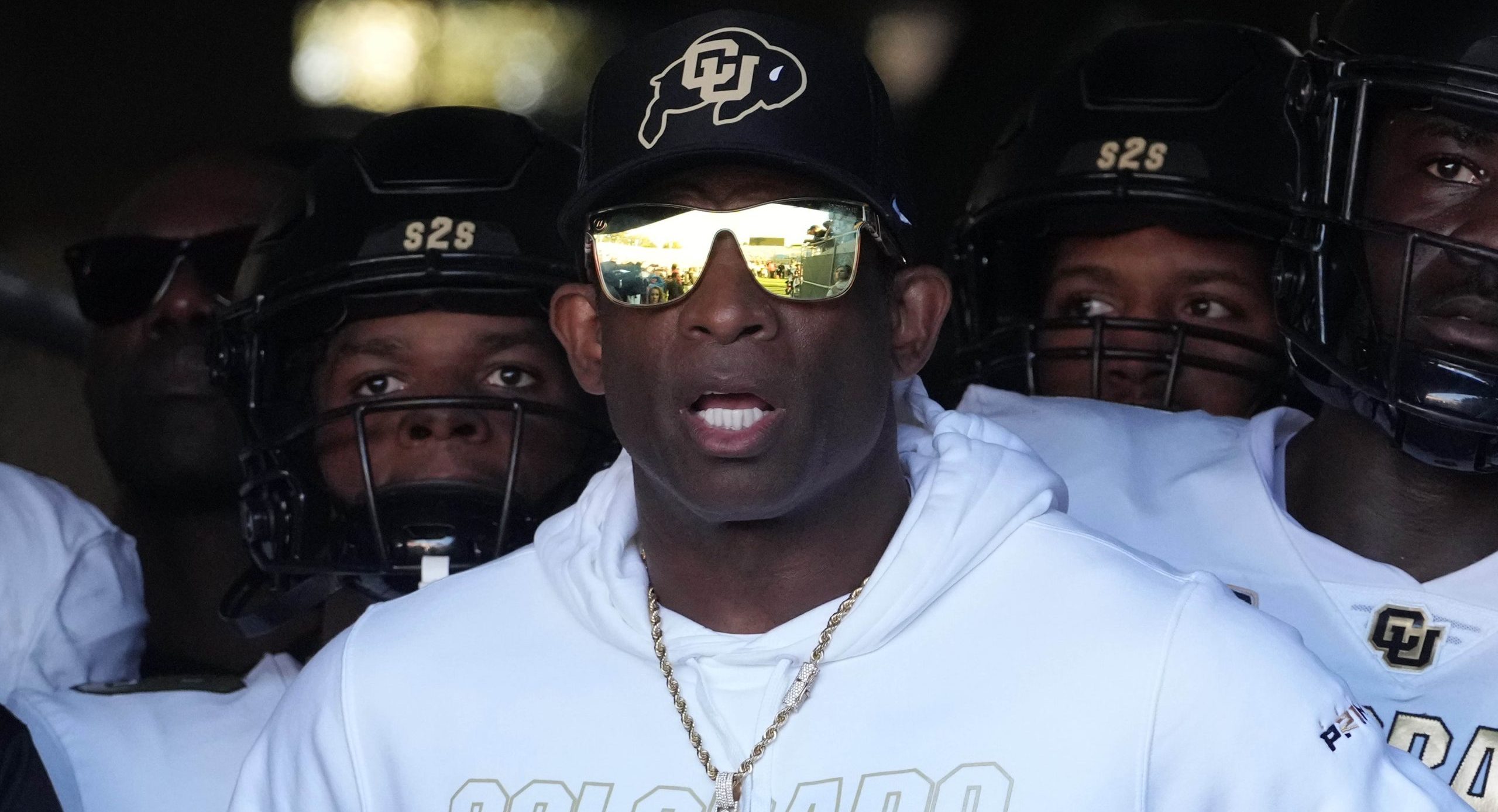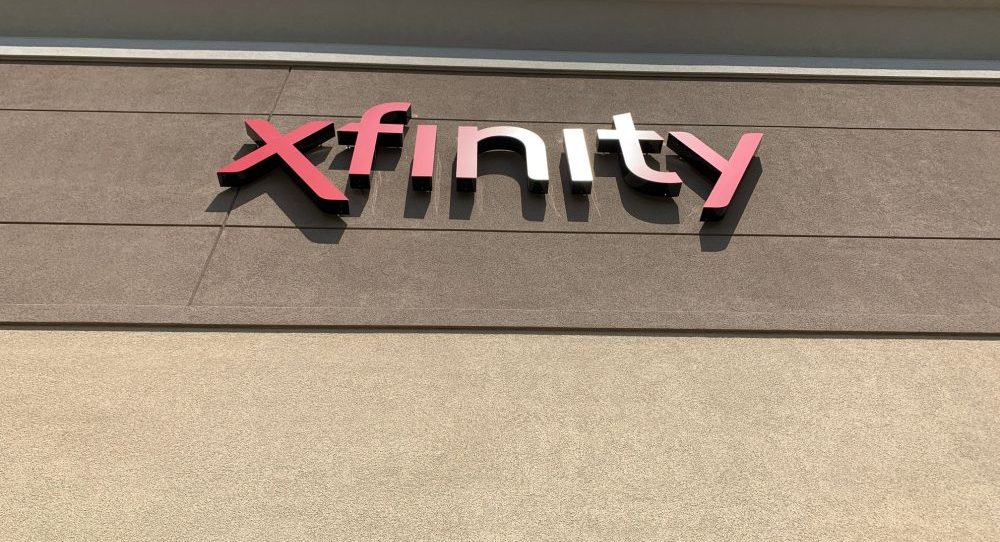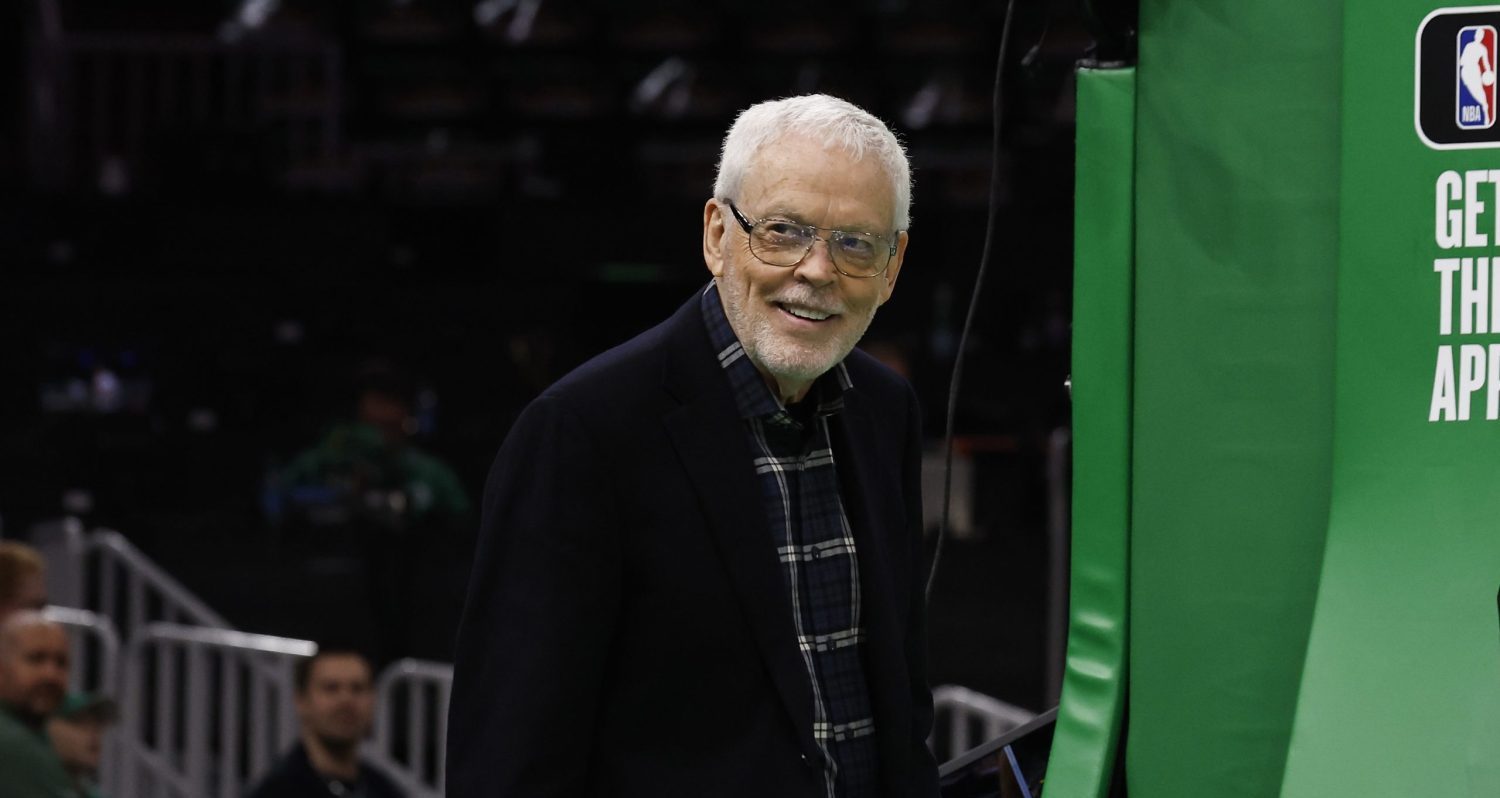Covering college sports has unique challenges. Sometimes, it seems like you’re in a tsunami of rumors, half-truths, and lies. The truth isn’t always obvious.
It’s not like professional sports, where secrets can be contained or managed because there is only one ultimate decision-maker: the owner. In college sports, so many are involved in the decision-making process. These people—administrators, boosters, and agents—may be incentivized to leak information.
Sometimes the info is solid. Sometimes it’s erroneous. The rush to break news is often difficult, draining, and sometimes embarrassing. Fans often ask: “What do reporters root for?” They root for stability because no one wants to deal with the agony of a coaching search. Another difference between schools and the pros is that there is often a domino effect whenever a big college job opens.
When Nick Saban retired last week, it affected not only the local media in Alabama, but the entire college football world. Many highly successful FBS coaches were inserted into the rumor mill. The media’s job is to follow leads and verify what is fact and what is fiction.
Verification is tedious, difficult work. Mistakes can happen.
Last week, Oregon news anchor Brandon Kamerman of CBS affiliate KVAL issued an on-air apology after reporting that Oregon coach Dan Lanning was in Tuscaloosa to interview for the Alabama job. That report turned out to be wrong.
Appreciate Brandon apologizing to myself and the sports department for his mistake. I also appreciate everyone who reached out last night and today and supported us. Proud of the work our sports team has done and will continue to do in 2024. pic.twitter.com/w2L81nhmN2
— Hayden Herrera (@haydenherrera) January 12, 2024
It isn’t hard to understand what happened. Kamerman used to work in the Alabama market. Presumably, he has solid sources. Kamerman wasn’t alone. Tony Tsoukalas, managing editor for Rivals’ Tide Illustrated, also cited sources on that Lanning was in Tuscaloosa.
These types of errors are specific to college sports. NFL head coaches under contract can’t talk with other NFL teams. And when interim coaches and assistants interview, teams often post that information on X/Twitter. It’s a recent development, and transparency is always appreciated. But in college, there is a cloak-and-dagger approach with information and misinformation.
Agents leverage media reports to get their clients raises. Schools attempt to manipulate media reports to try and keep recruiting classes and their rosters intact.
Jimmy Sexton put on a masterclass this week.
— Joe Pompliano (@JoePompliano) January 12, 2024
1. His client (Nick Saban) retires
2. He uses the Alabama job as leverage to get raises for his other clients (Dan Lanning, Mike Norvell & Steve Sarkisian)
3. He then places another client (Kalen DeBoer) at Alabama.
Textbook stuff. pic.twitter.com/r7hZkqjb2q
Bear in mind that coaching searches are fluid situations. What is true one minute can be different the next. And one potential candidate’s decision can impact several others. It’s possible that Lanning was supposed to interview in person with Alabama. But for reasons we may never know, that didn’t happen.
Kamerman was either misled or let down by those he trusted. Reporters are taught to never reveal their sources, so the details behind this error will remain hidden. To his credit, he owned the mistake but the damage has been done.
It’s Kamerman’s responsibility to be accurate. When you’re a member of the media, credibility is currency. Once you lose that, especially so publicly, it’s difficult to get it back. Some never do.
What lessons are there to be learned? It’s up to the media to be vigilant when receiving information. Asking questions such as: Who is benefiting from the release of this information? Can it be independently verified?
This is Journalism 101. But when everyone is trying to be first on breaking news, steps can be missed. Also, remember that it’s more important to be correct than first. That part often gets lost in the zeal to be an insider.
People make mistakes. And certainly, some might feel sorry for Kamerman. The college coaching carousel is a crazy time of year. You just wish reporters didn’t contribute to the madness.







